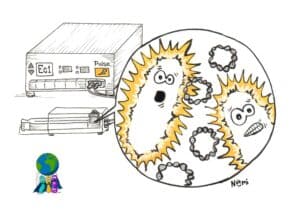
How Bacterial Research Is Advancing Modern Science
Bacteria and microbes are versatile tools in life science research. Read about a few ways of how bacterial research helps modern science.
Bacteria and many other microbes break down complex molecules in food, such as vegetables, fruit, milk and other drinks. The smaller molecules give the food a new taste, smell and even texture and are responsible for making some of our most delicious foods.
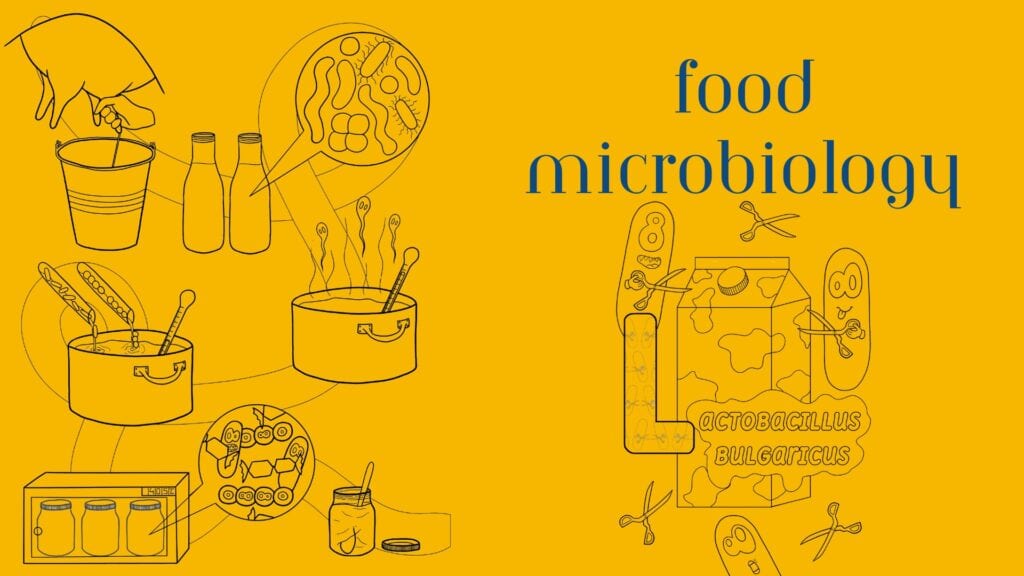

Bacteria and microbes are versatile tools in life science research. Read about a few ways of how bacterial research helps modern science.
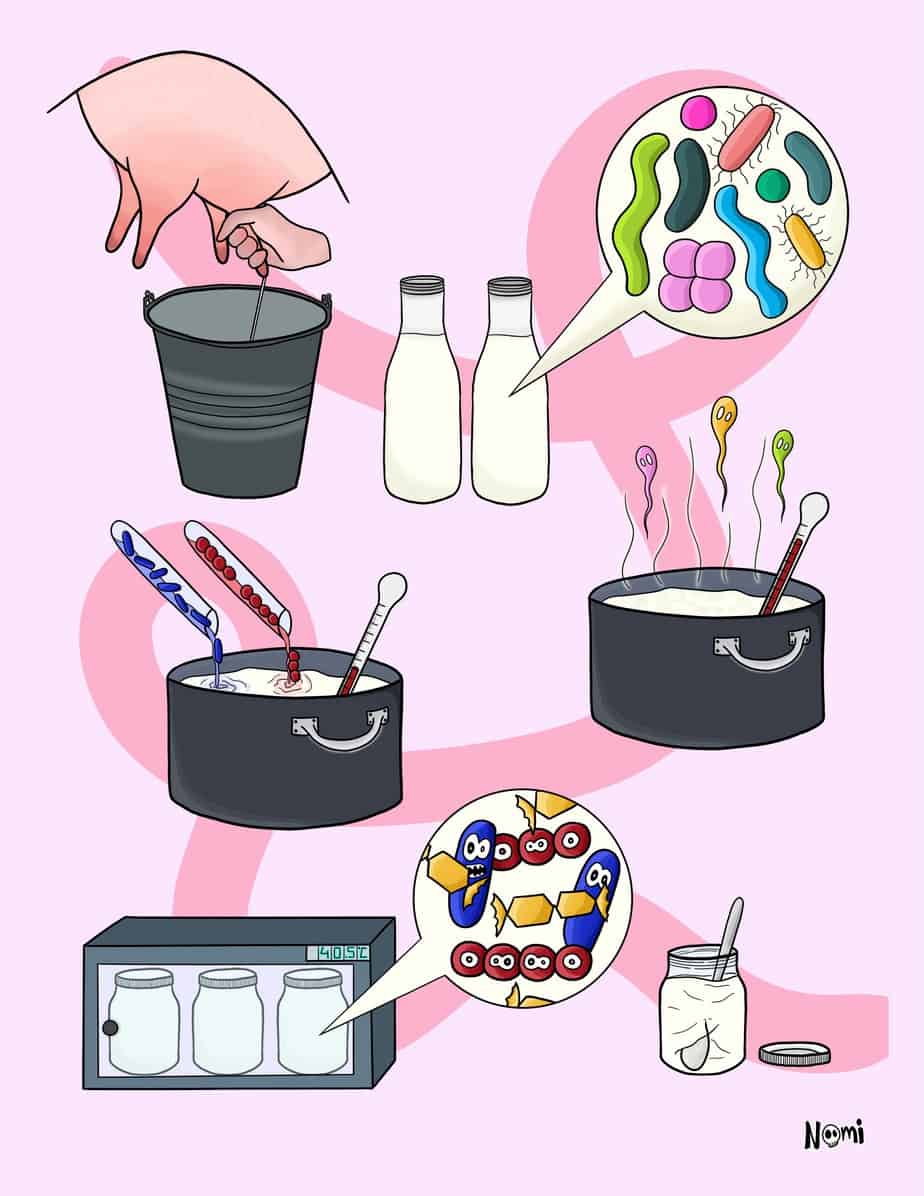
Yogurt is a well-loved fermented dairy with lots of health benefits. It not only provides us with valuable proteins and immune-stimulating molecules, but can also carry probiotic organisms. Here, we will look at the advantages of adding yogurt to your diet plan and what bacteria have to do with producing this creamy white dream.
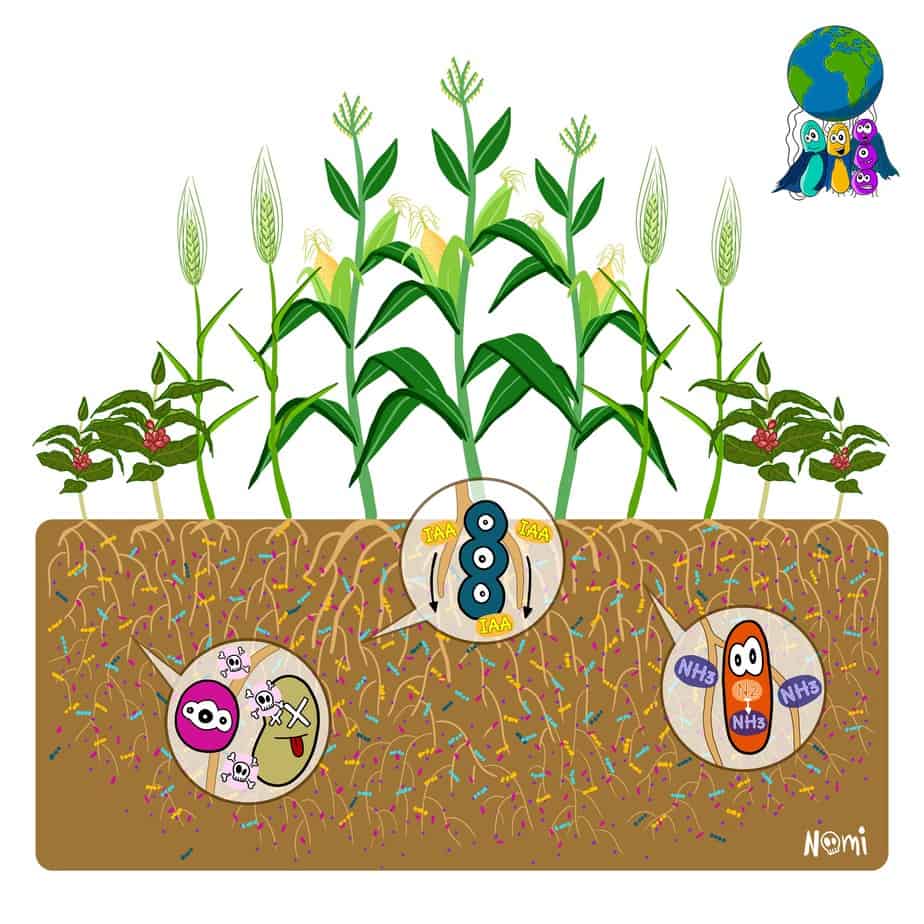
Microbes produce nutrients and help promote plant growth to produce more bountiful crops and sustainable agriculture.
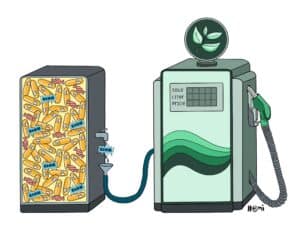
We live in an energy crisis in which non-renewable fossil fuels damage our planet. To switch to green biofuels as energy sources, we can rely on bacteria like Zymomonas mobilis, which produces bioethanol. Read on to find out how biofuel-producing bacterial communities can help us make this planet greener and healthier.
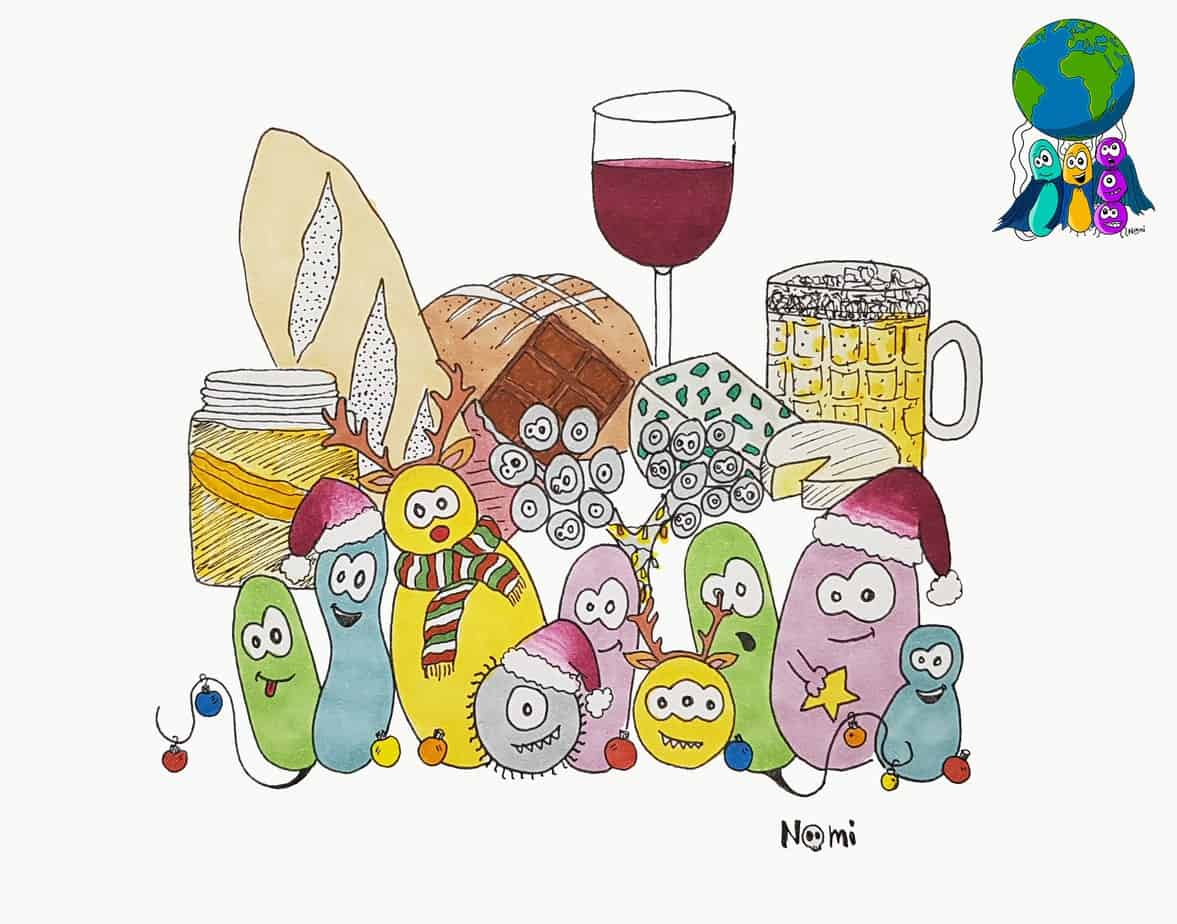
Microbes are everywhere, including our favorite foods. Learn how microbes help preserve foods while also adding flavors, textures, and nutrients to our meals.
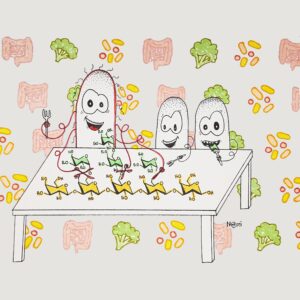
When we eat plant products, we cannot always digest all their components. Instead, our gut bacteria love plant ploymers and start degrading and digesting them. And they share the leftover food with other bacteria, so that all of them together produce some very healthy molecules for us.
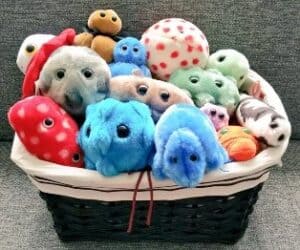
The microbial world is super colorful and diverse.
Even though, we sometimes hear too many negative news articles about certain players of the microbial world, we should not forget about all the other interesting and helpful microbes.
To remind you that the microbial world consists of so many more players, we assembled this list of common and interesting microbes.
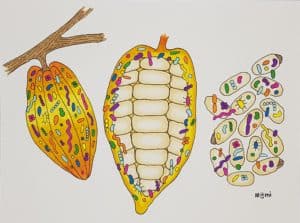
The bacteria and fungi living on cocoa beans degrade the sugars in the fruit. With this fermentation, the so-called cocobiota produces metabolites that give chocolate its delicious taste. Read about the microbes that are part of the cocobiota and why chocolate tastes the way it does.

Microbes and bacteria touch every aspect of our lives. They have so many superpowers that impact the environment, food production, bioremediation and even the climate. Here, we will look at 20 of the most fascinating bacterial superpowers and tell you where you might encounter them throughout your day. But don’t forget, there are plenty more.
Bacteria and many other microbes break down complex molecules in food, such as vegetables, fruit, milk and other drinks. The smaller molecules give the food a new taste, smell and even texture and are responsible for making some of our most delicious foods.
